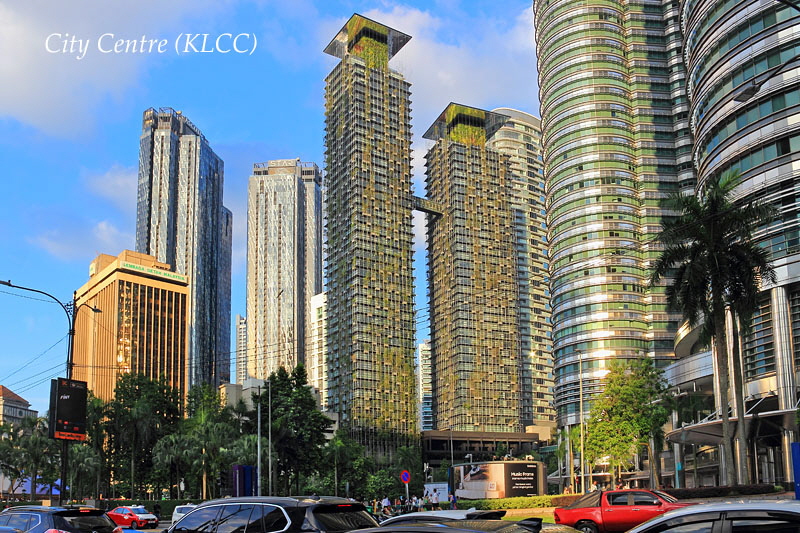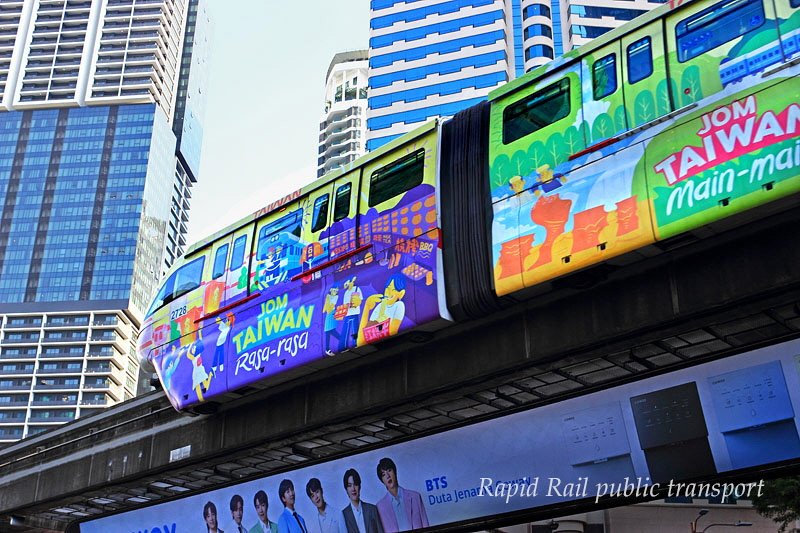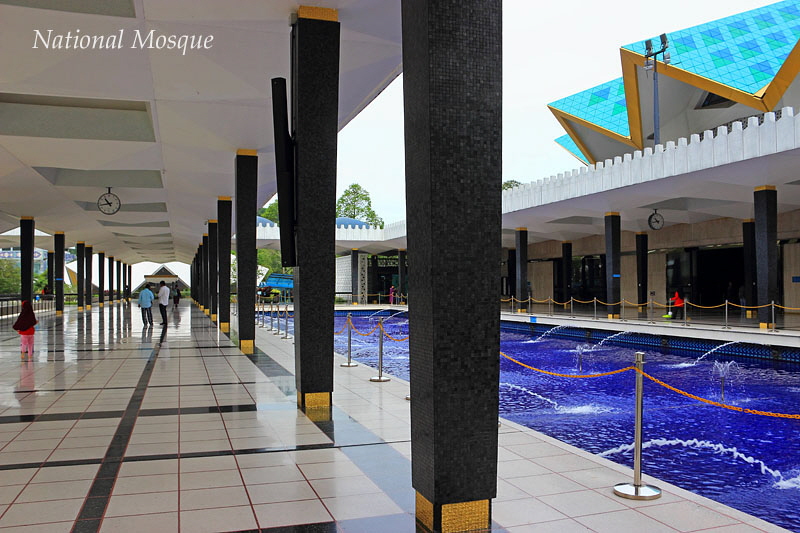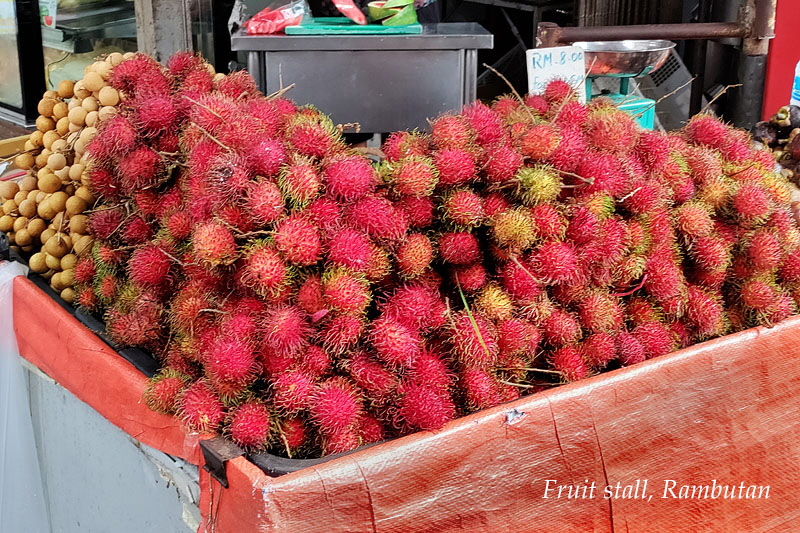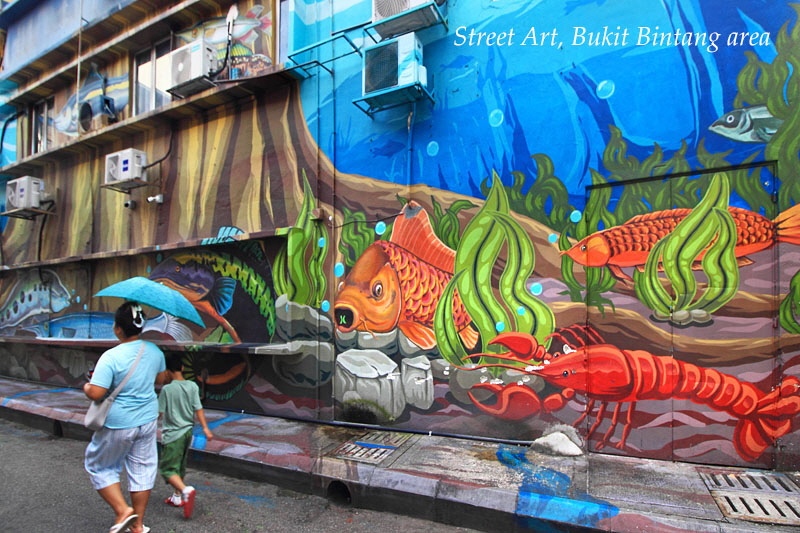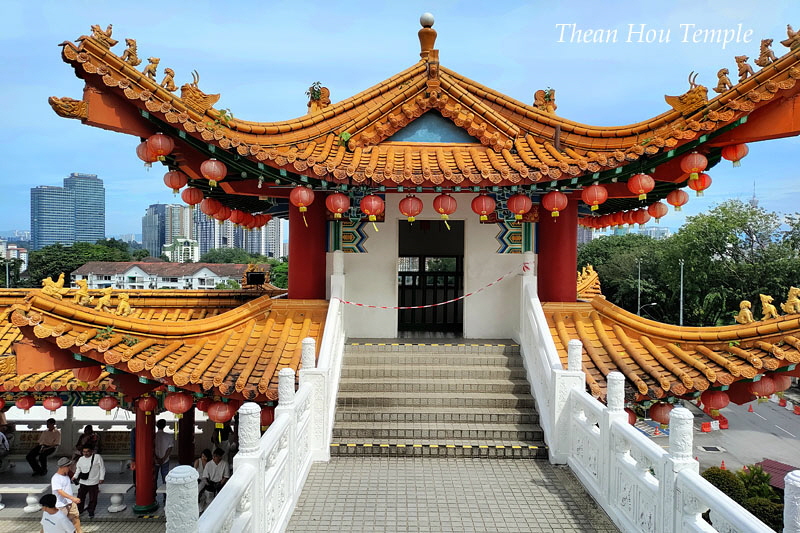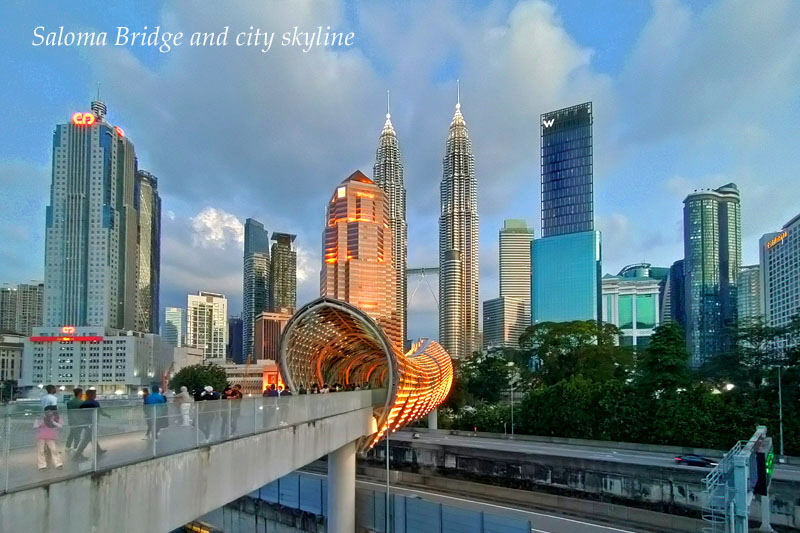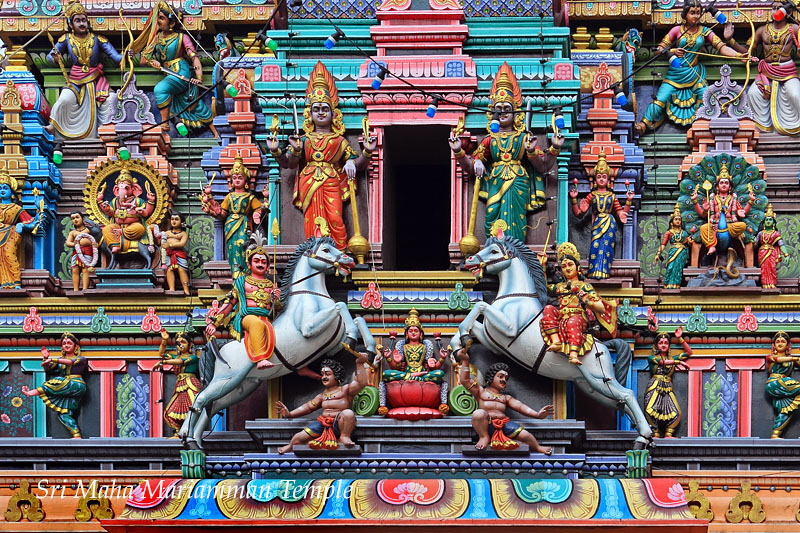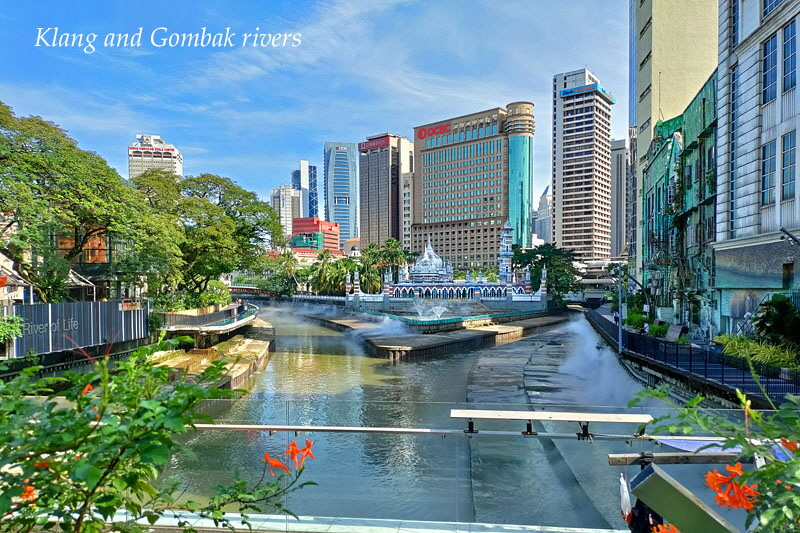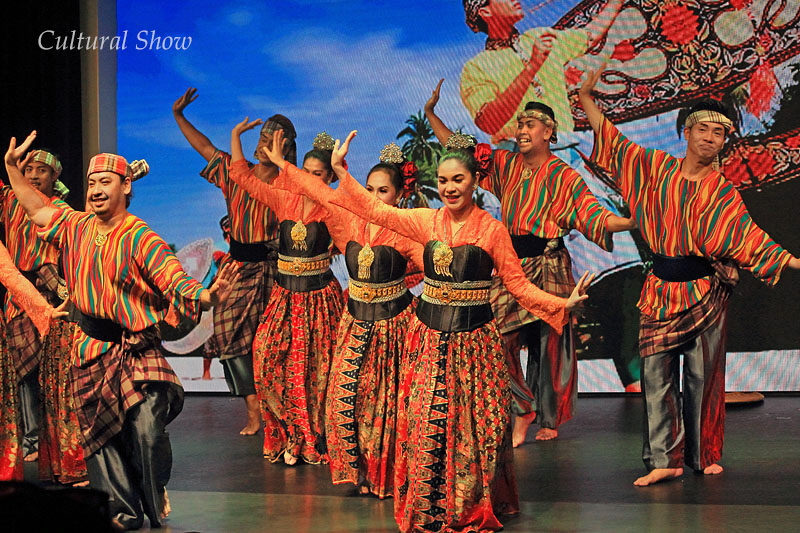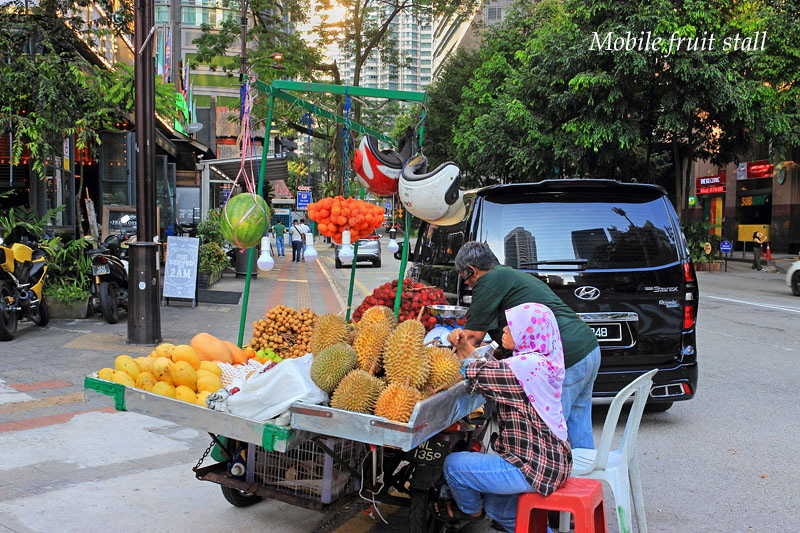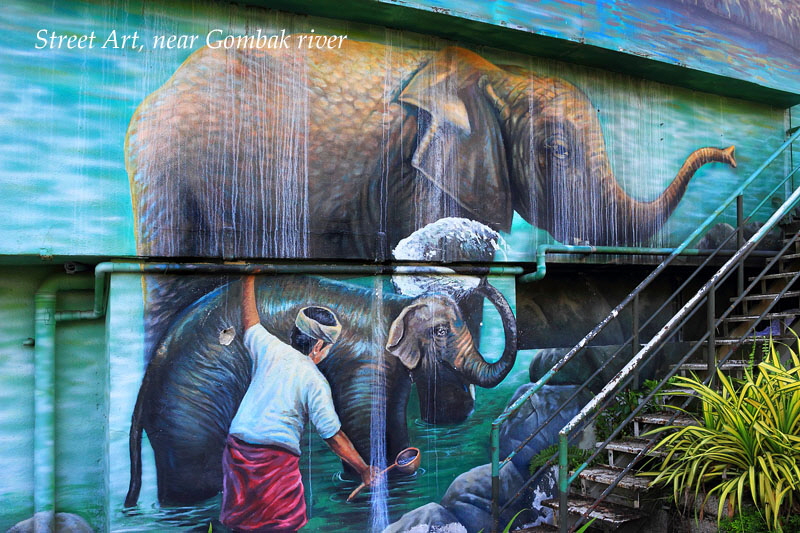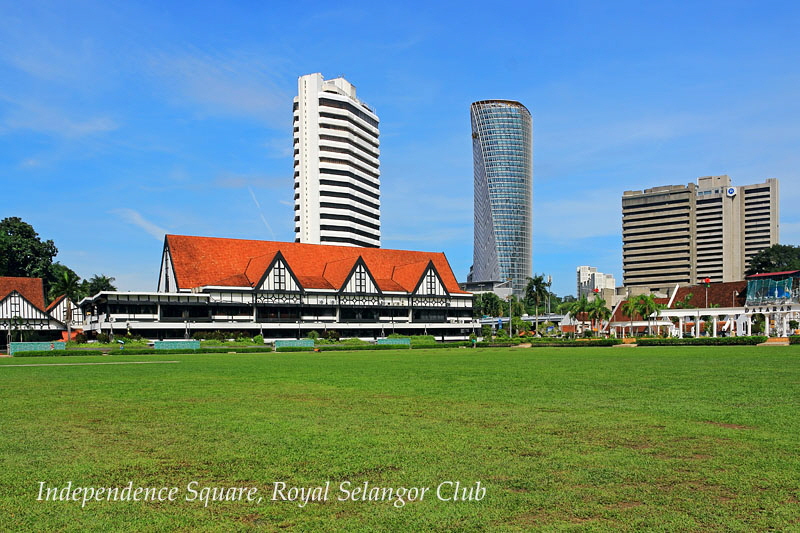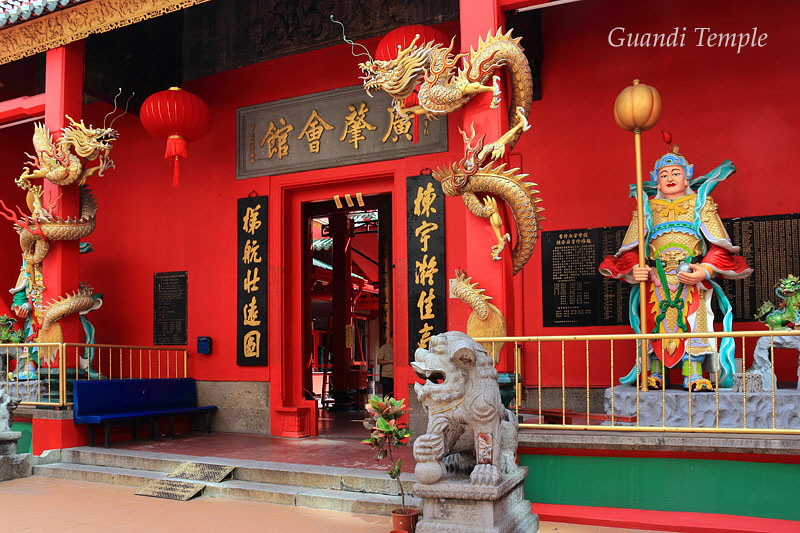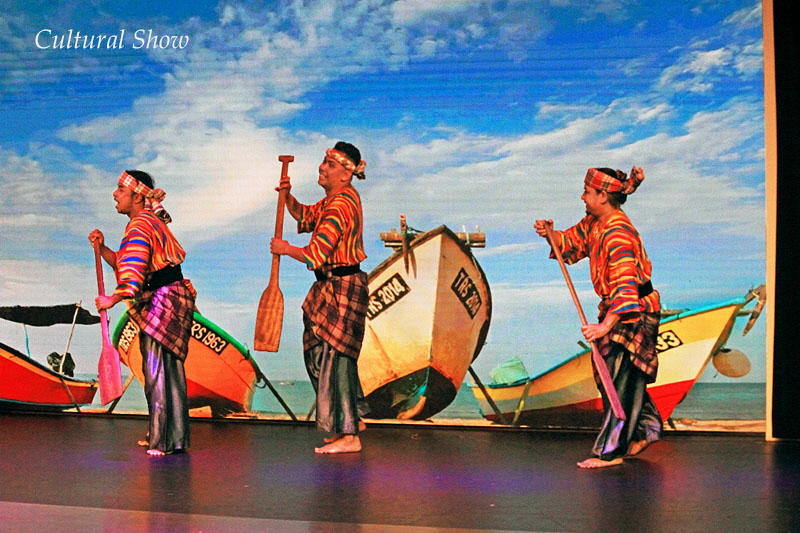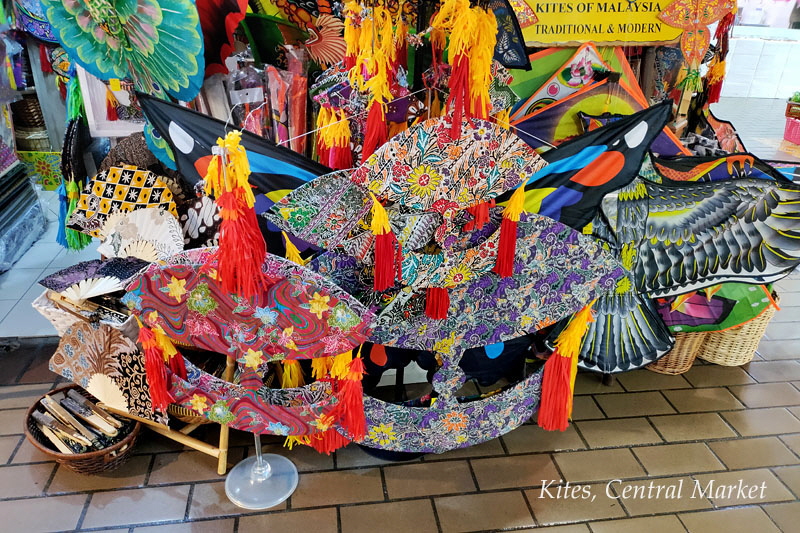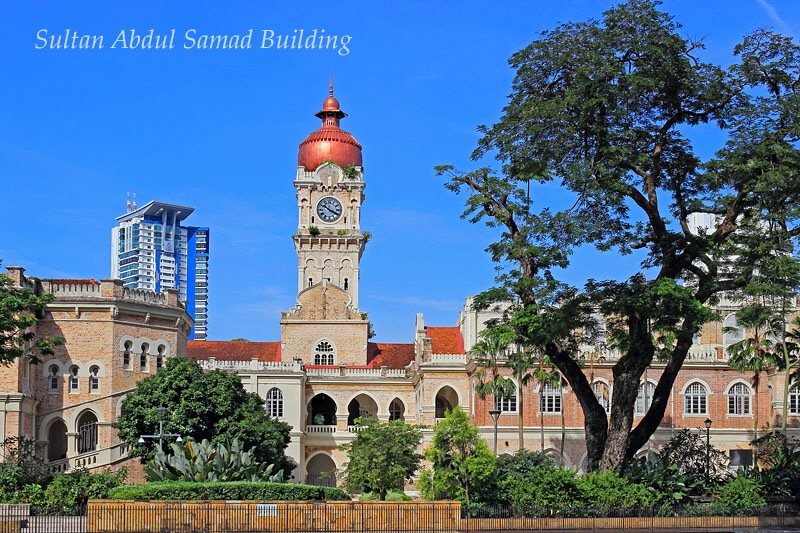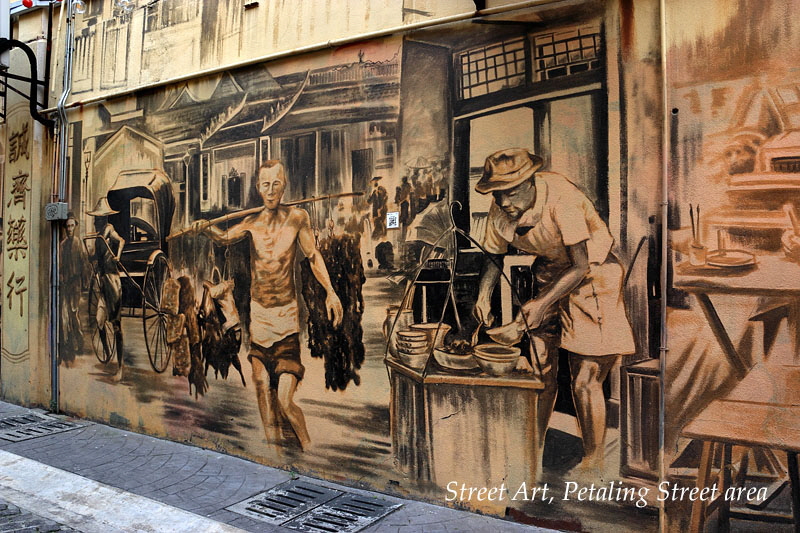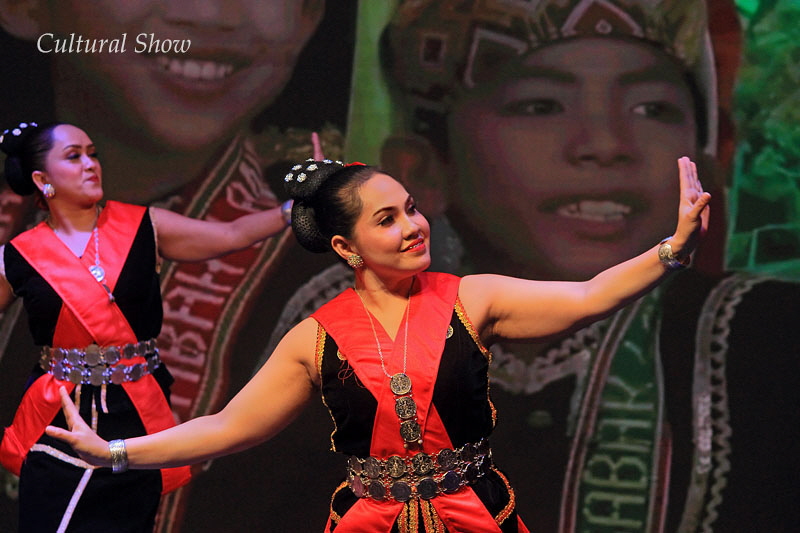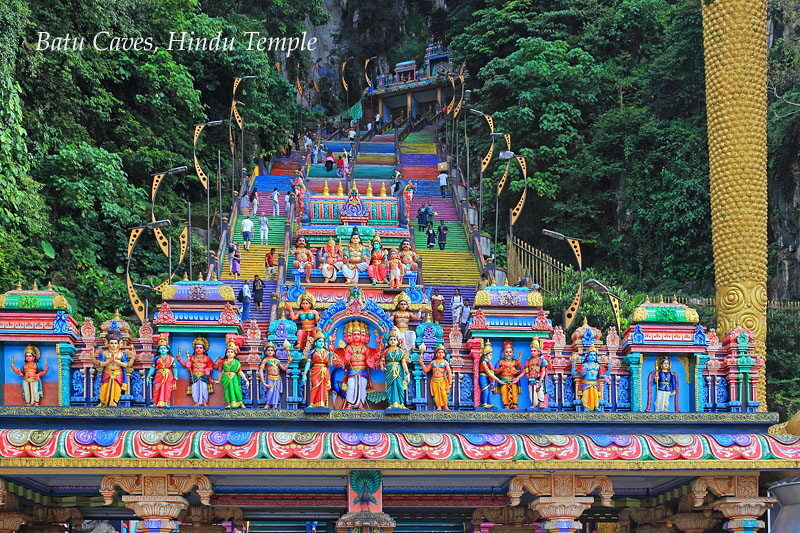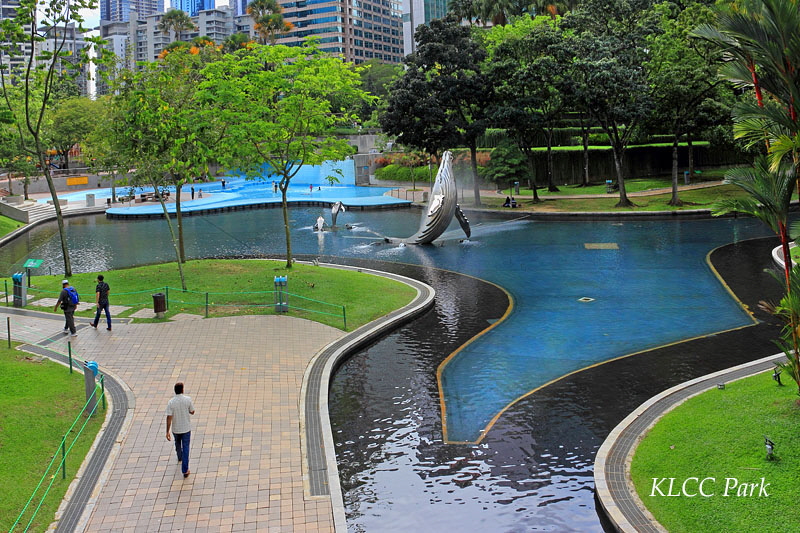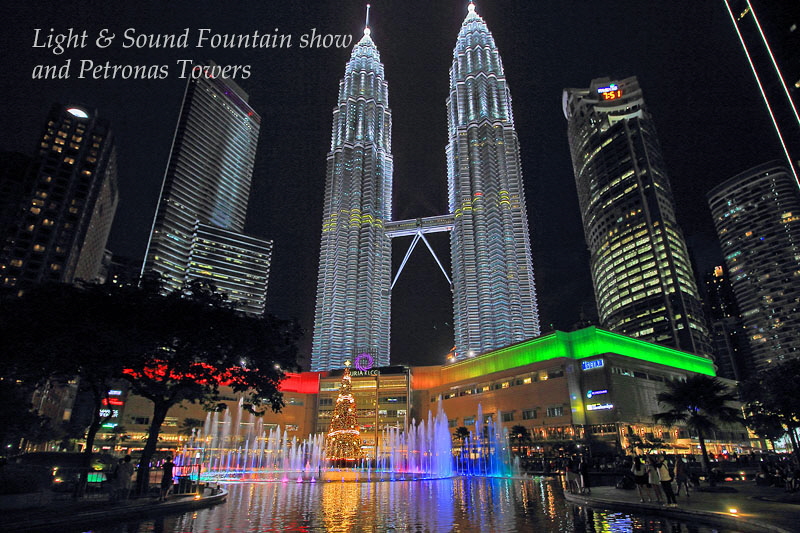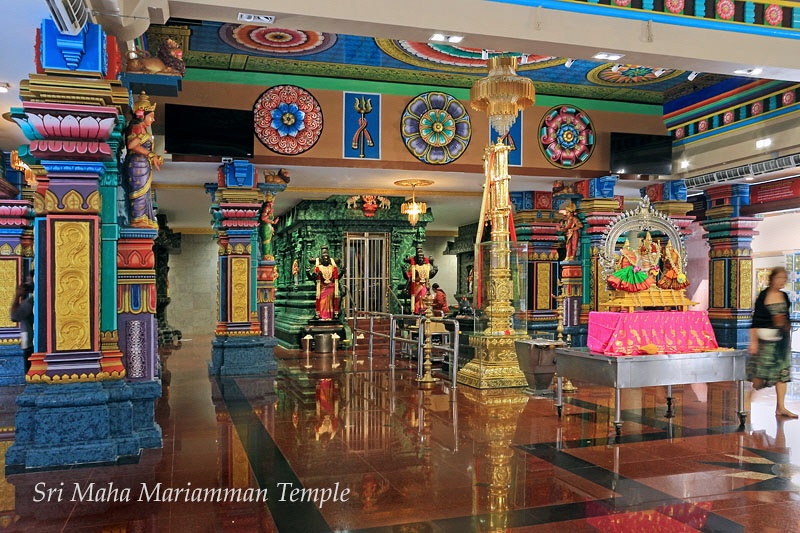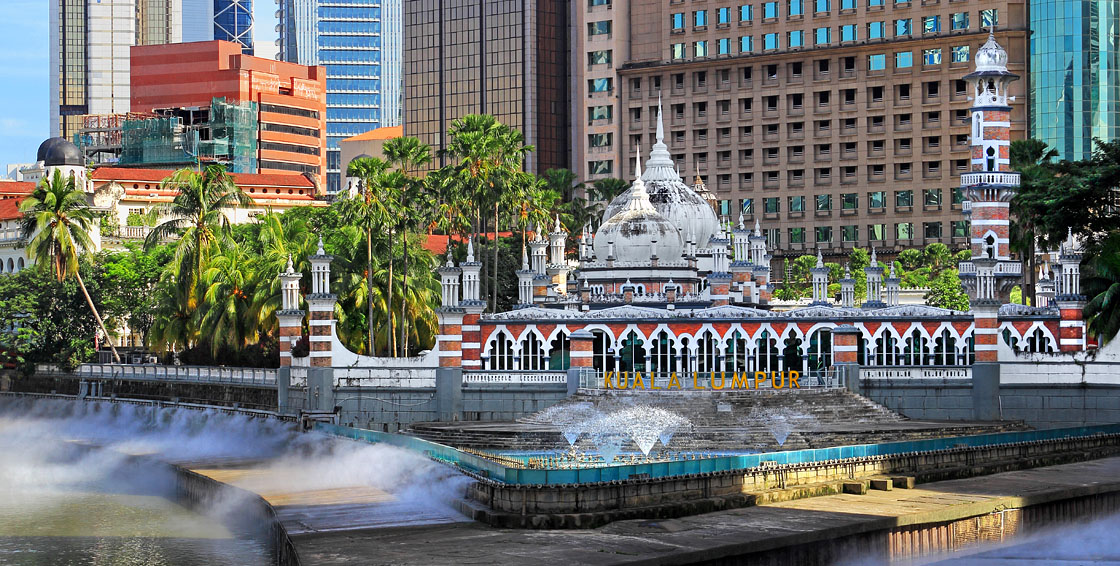
Kuala Lumpur sights - at my own pace
If you, like me have visited both Kuala Lumpur and Singapore, the temptation is to make comparisons. Many critics favour Singapore for its sophistication, though they deduce it is one of the most expensive cities in East Asia. Kuala Lumpur (KL) while more affordable, like Singapore also has a diverse cultural mix that’s both enticing and exhilarating.
My visit to KL was not to rush trying to see as many sights in a short stay, but to spend a couple of weeks, simply relaxing and visiting a few places at my own pace. To this end, I based my stay at a centrally located hotel, within walking distance of sights, a short taxi ride or a private day trip to places inaccessible on a long walk.
Petronas Towers
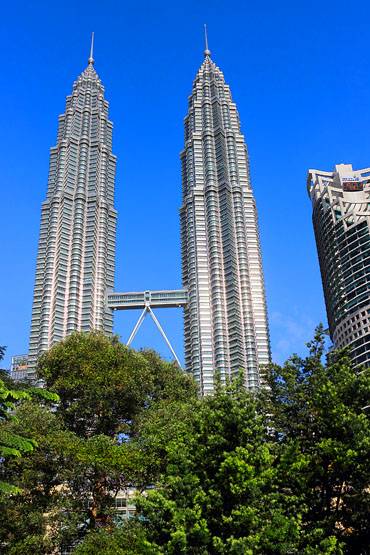
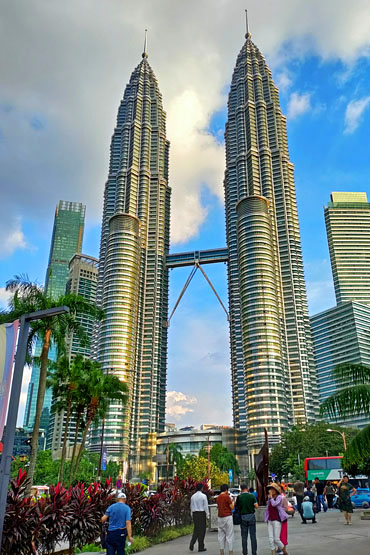
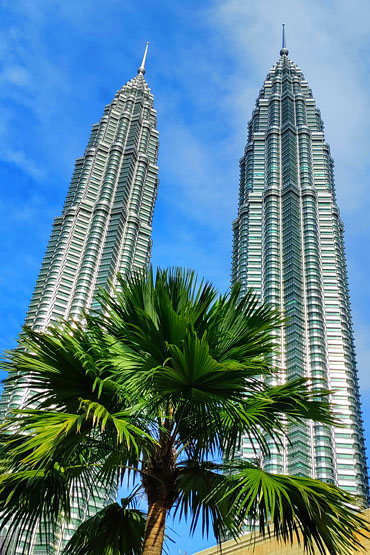
All visitors to KL will assemble by the Petronas Twin Towers, which are undoubtedly the stand-alone landmark of the city. Once the tallest in Asia, it remains every visitor’s compulsory hub from where visiting other sights becomes secondary. It seems rightly so. This modern architectural achievement reaches for the sky with its piercing pointed peak. The viewpoint from the bridge on the 43rd floor that connects the two towers is very much a tourist attraction. However, it did not appeal to me to look down from high above on the surrounding buildings below.
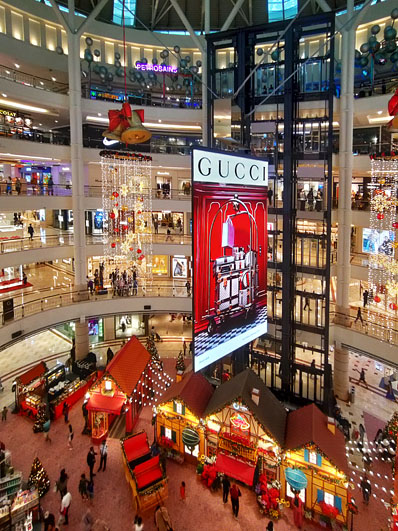
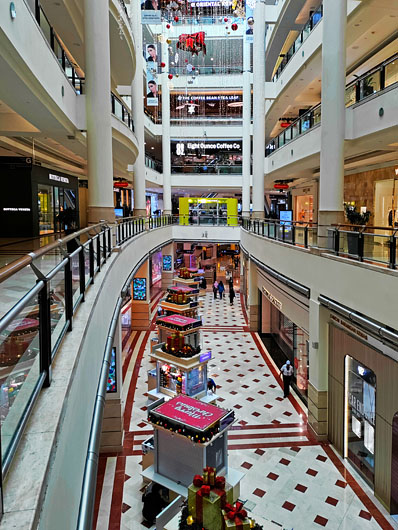
Suria Mall
At the base of the towers is the four-storey Suria Shopping Mall - albeit mainly high-end goods and designer brands. And if shopping centres are your comfort zone, there is even a kilometre-long footbridge that connects you to the second impressive mall - The Pavilion. What attracted me most to the Suria Mall was the Signatures Food Court. The wonderful variety of Malay, Chinese and Indian cuisine, reflects the cultural blend of the city citizens. This large welcoming hawker centre is not only super-clean and air-conditioned, it is also a fine low-cost dining experience. I was surprised that sumptuous meals, like a big bowl of noodle soup, with pork, egg and vegetables cost me less than £4!
Large food court
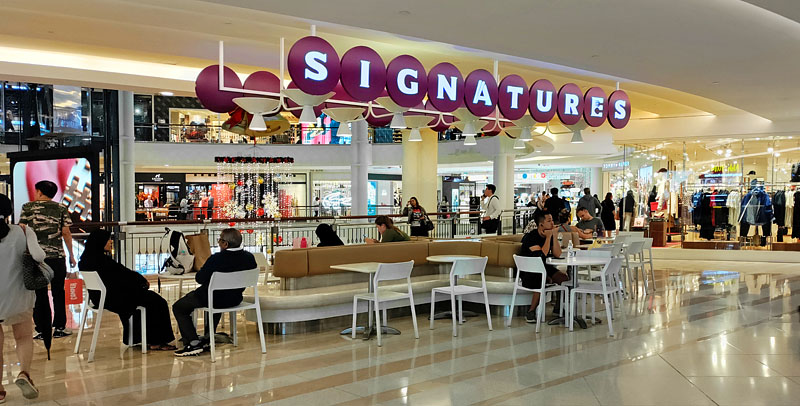
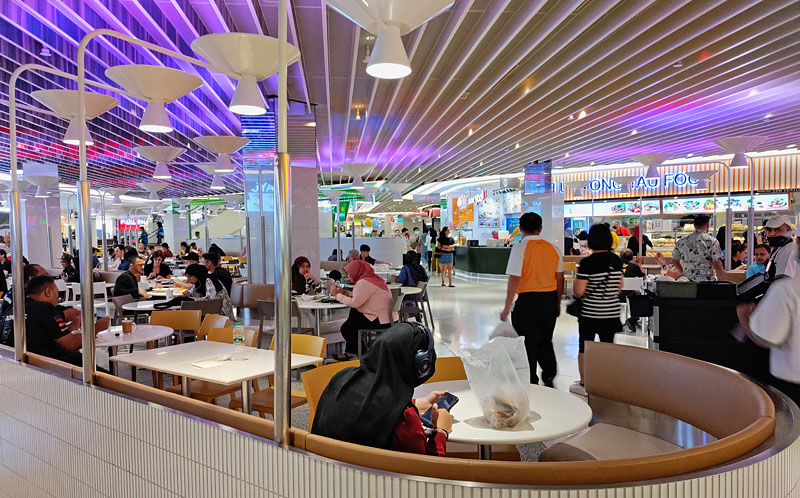
In contrast to the glitz of malls and skyscrapers, adjacent to the Petronas Towers is the natural beauty of the KLCC Park (Kuala Lumpur City Centre) and lake. With tall Banyan trees, neatly landscaped flower gardens and lawns, it is a pleasant family-friendly place. With plenty of paths to stroll, jog, or sit and relax and take in the views, this verdant space can be enjoyed both day and night.
KLCC Parh
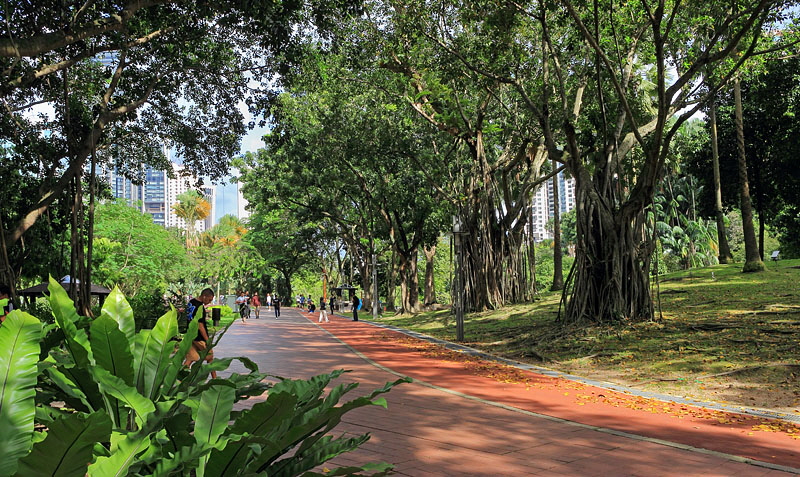
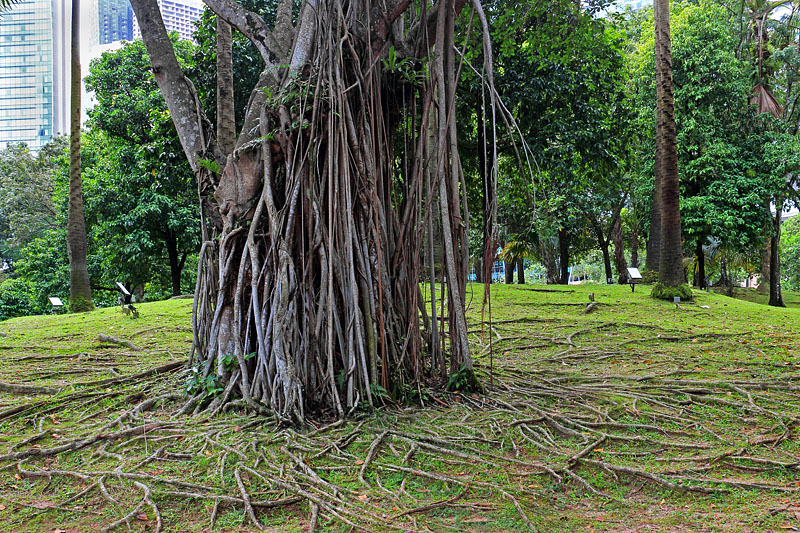
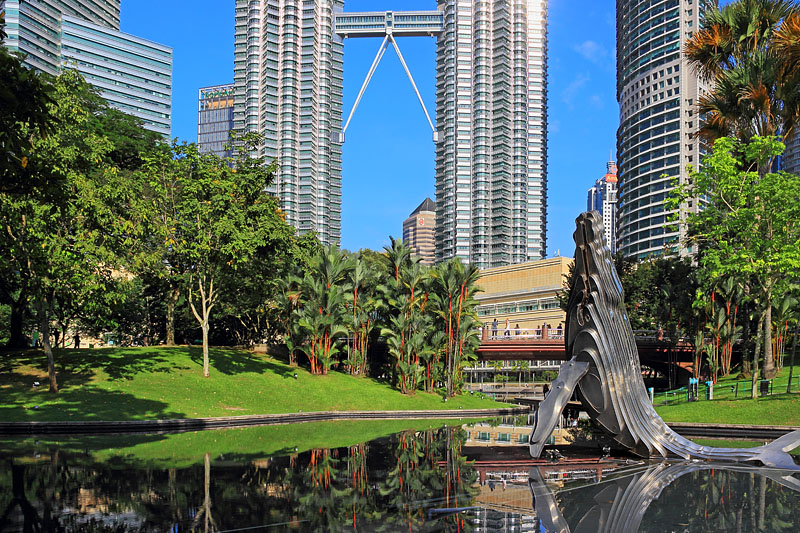
And come night time, the lake at the base of the towers transforms into a dazzling Lake Symphony Fountain show. Three times nightly, the blazing display of colourful lights, music and fountain choreography draws in maybe every tourist, as well as locals. With the twin towers as the backdrop also illuminated, it’s a perfect photo opportunity. And after the spectacle, it’s only steps away from conveniently located dining.
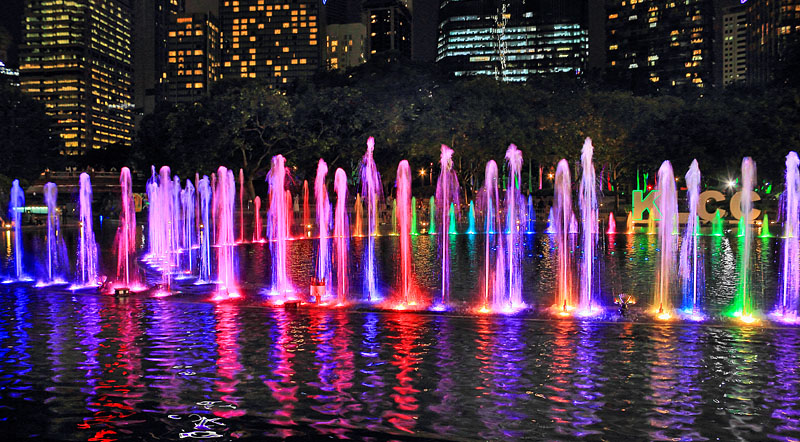
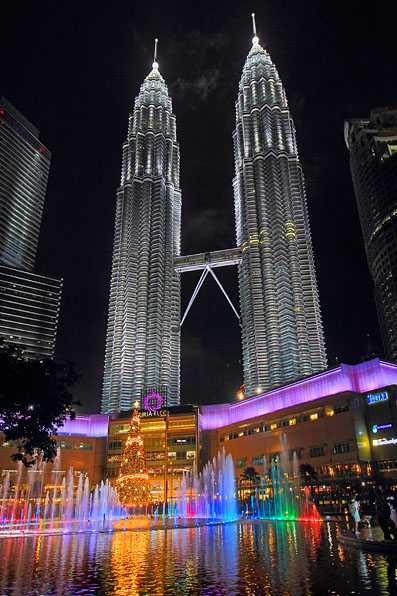
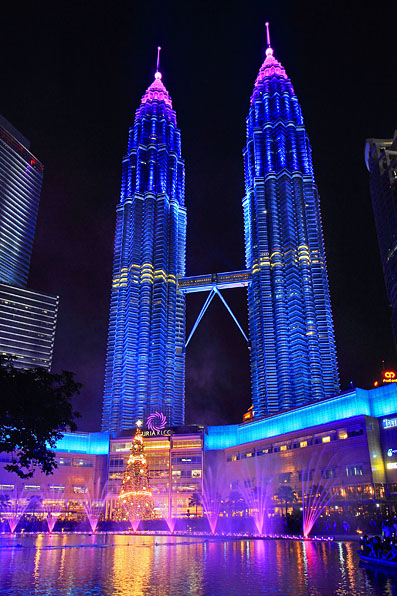
Leaving aside shopping malls and food culture, Kuala Lumpur has some fine sightseeing attractions that I chose to see. And like Singapore, it has its Chinatown and Little India districts compelling you to take time to explore and enjoy.
Mosques and temples emphasise Kuala Lumpur’s mix of cultural heritage
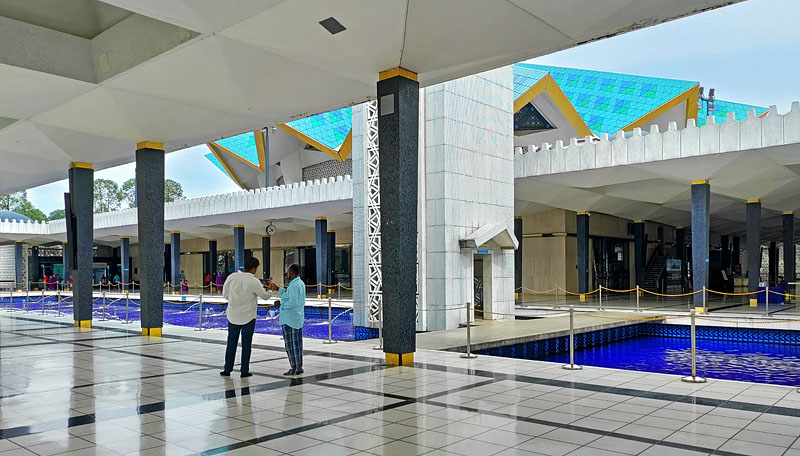
National Mosque
National Mosque
The modern National Mosque was opened in 1965. The huge house of prayer has a capacity for 15,000 worshippers. Above it, the 16-point turquoise blue roof resembles an umbrella, and I guess the view can only be appreciated from a drone photo. The entrance steps that lead up guide you to follow the direction signs to view the place. The distinct Islamic architecture is prevalent, and the blue ponds with fountains add to the serenity of the place. The prayer hall is a magnificent sight and can be viewed when not in prayer times (ensure you’re dressed appropriately).
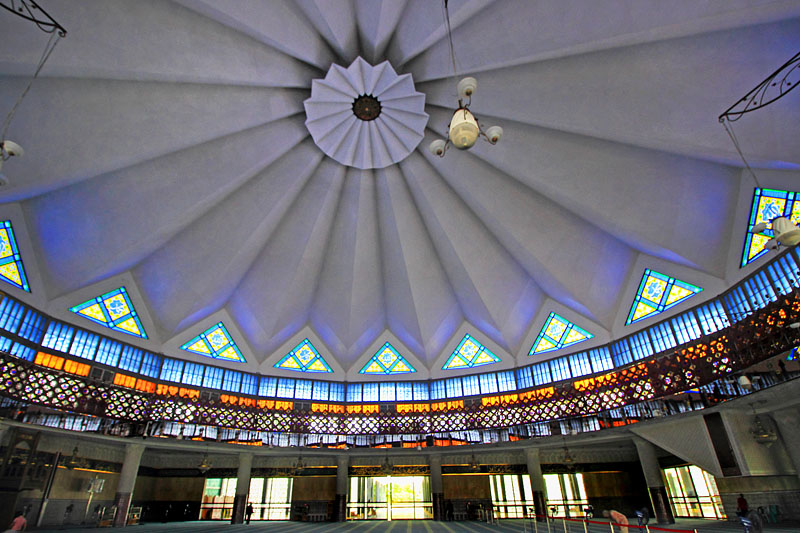
The House of Prayer
Outside the main building are the courtyards and gardens. Expertly landscaped with trees, shrubs, ponds and fountains reflect the calmness of the place. It was midday, the temperature was overpowering, and I was glad to have an umbrella as I was determined not to leave without a brief walk.
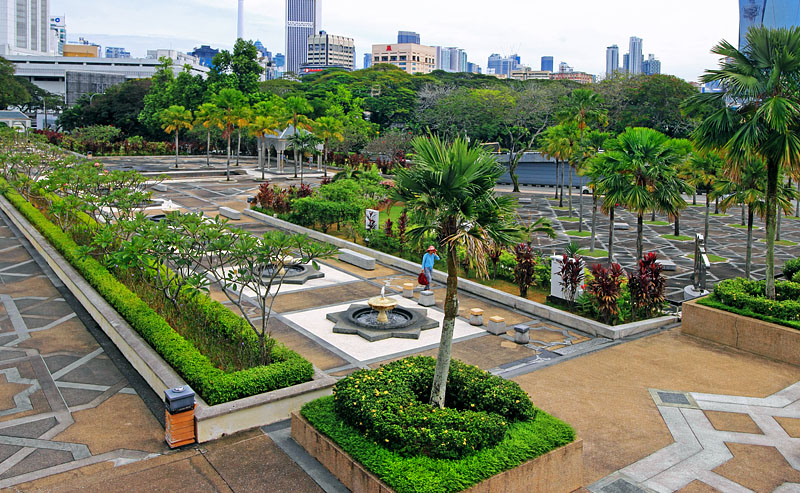
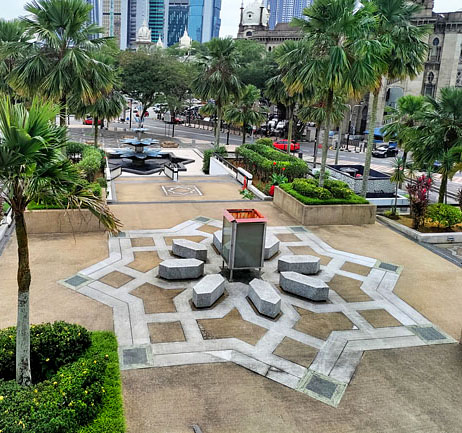
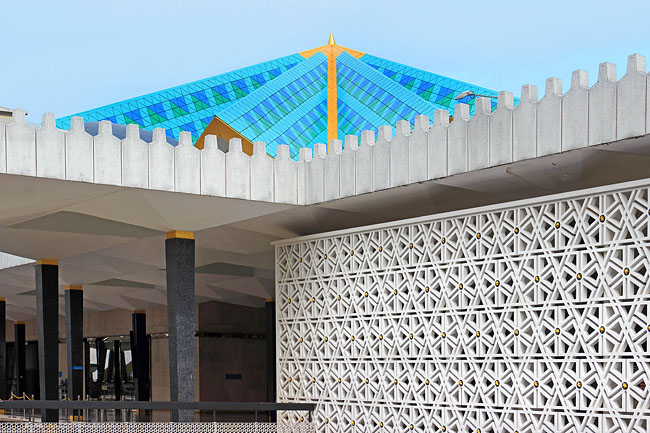
___________________________________________________________________________________________________________________________________________
Masjid Jamek Mosque (Sultan Abdul Samad Jamek Mosque)
When visiting sites in a city I have an affinity to favour more historic rather than modern attractions. Thus when comparing KL’s National Mosque to Masjid Jamek Mosque, I enjoyed the latter more. Built in 1909, it is the oldest mosque in Kuala Lumpur and is a showcase of traditional Moorish architecture and elegance. It is a beautiful and tranquil place to be and is located at the junction of the two rivers Gombak and Klang. The site is also regarded as the birthplace of KL city. Chatting to a steward at the entrance, he suggested that I should also view it from the outside near the riverside. And it was a perfect view, with the rivers in the foreground and the mosque beyond dwarfed by the modern cityscape in the background.
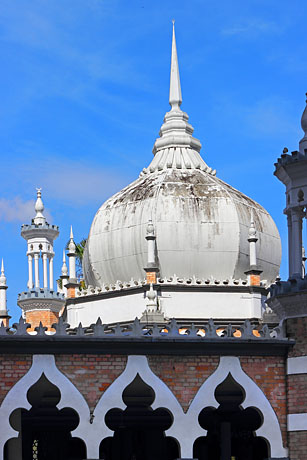
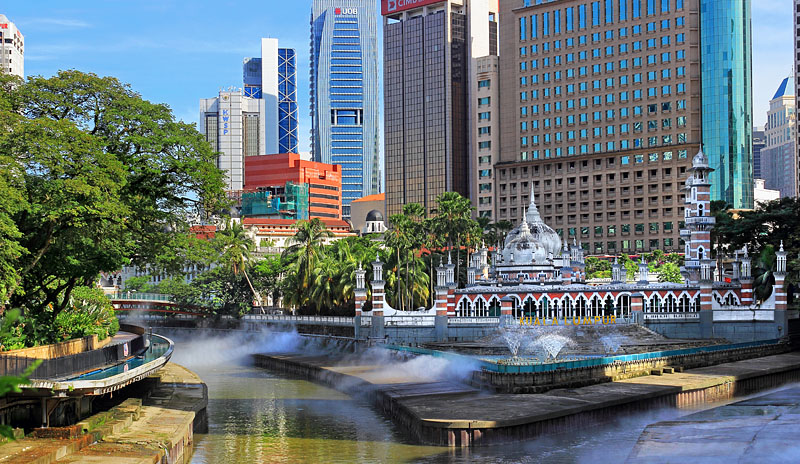
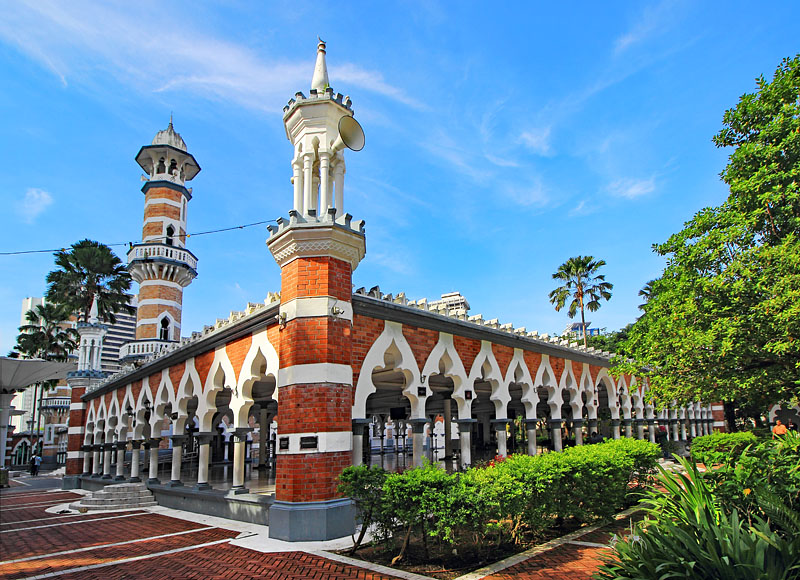
The main prayer building is primarily a red brick structure, with light grey edgings, and marble. Above are three huge domes, and two minarets. The mosque grounds are also carefully landscaped with flowers, privets and a few coconut trees in the midst. As expected, visitors must adhere to the strict dress code, remove shoes when entering the prayer hall, and keep the decibel level low when speaking. I first visited this mosque thirty years ago, and is still one of my favourite beauty spots in KL.
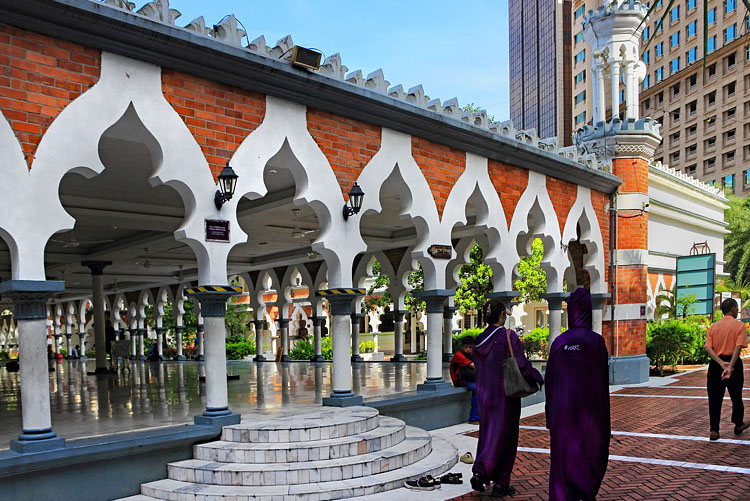
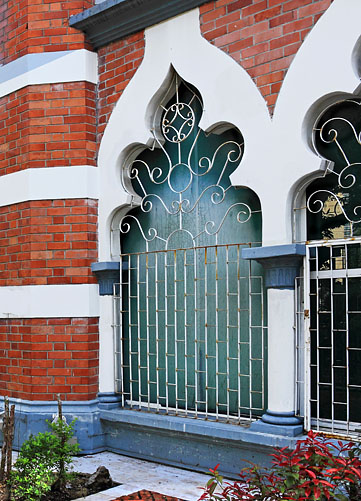
___________________________________________________________________________________________________________________________________________
Sri Mahamariamman Temple
This is the oldest Hindu temple in the city, built circa 1873, and is located in the Chinatown area along busy Jalan Bandar Street. One of the striking features of Hindu Temples seen elsewhere in the world is the South Indian style Gopurams (entrance gateways). The brightly colourful 23-metre high tower here is covered with religious carvings and statues.
The Gopuram
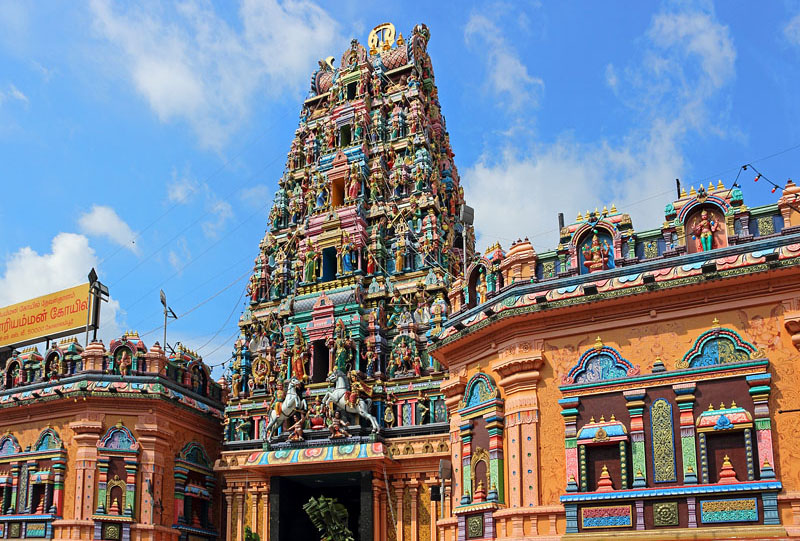
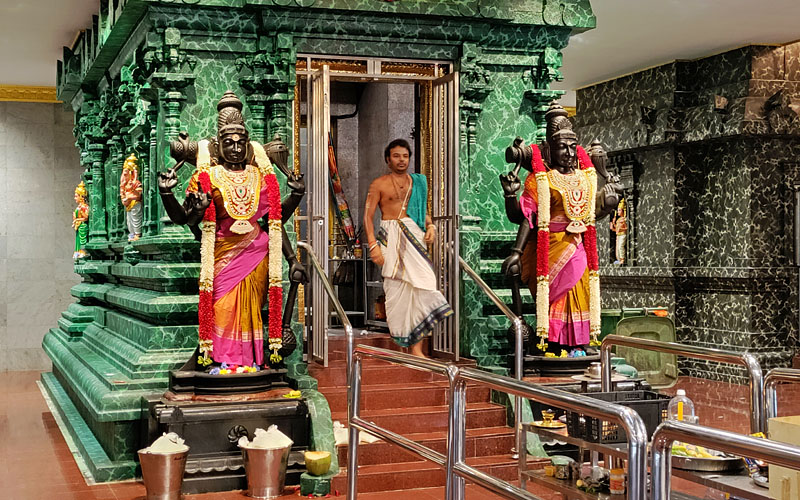
Main shrine in the hall of prayer
And as you enter, the unmistakable smell wafting from the incense burning greets you. All around the temple site are beautiful ornate carvings and statues, depicting ancient religious stories. Those who enter the main prayer hall of worship come to make offerings, pray and receive blessings from the priests, and through rituals. The main shrine inside is dedicated to honour Goddess Mariamman. It is important not to intrude upon the worshippers, and to stand well back and observe. Take time to wander around the courtyard areas and enjoy the sights of various statues of deities, and paintings with intricate detail.
Statues of deities
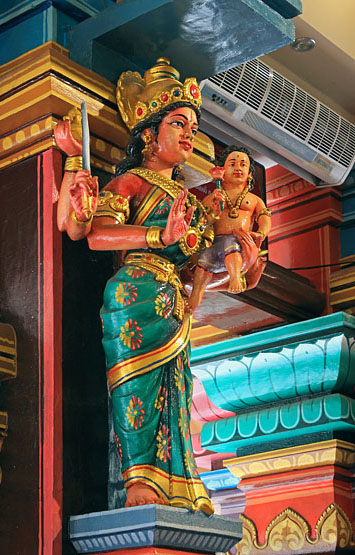
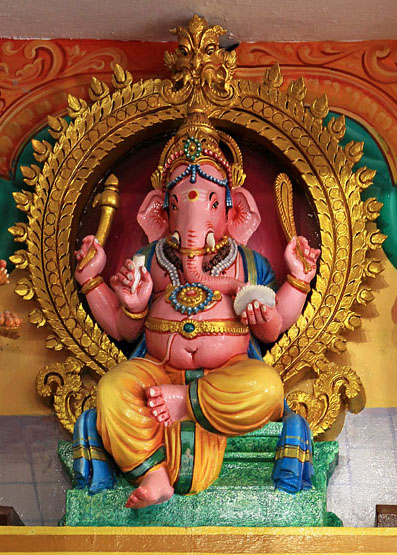
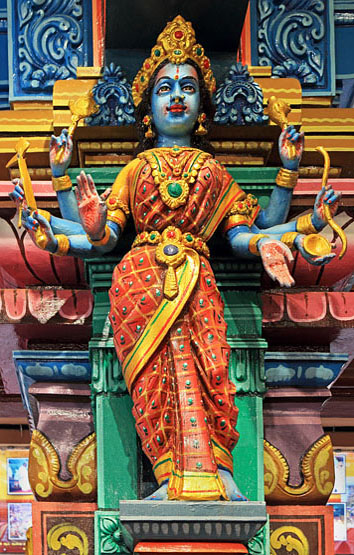
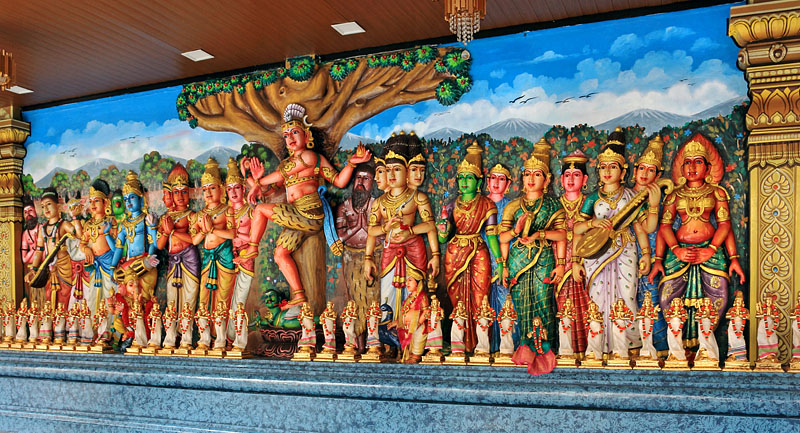
____________________________________________________________________________________________________________________________
Thean Hou Chinese Temple
Situated on the outskirts of the city, you will need a taxi, or be on a half-day tour to get here, as taking a bus and the uphill walk is not easy. If you’ve been to Chinese temples in Asia, you will find similarities here too. Built in 1987, it is dedicated to Mazu, the God of the sea. The traditional Chinese architectural embellishments, colourful designs, statues and carvings are impressive.
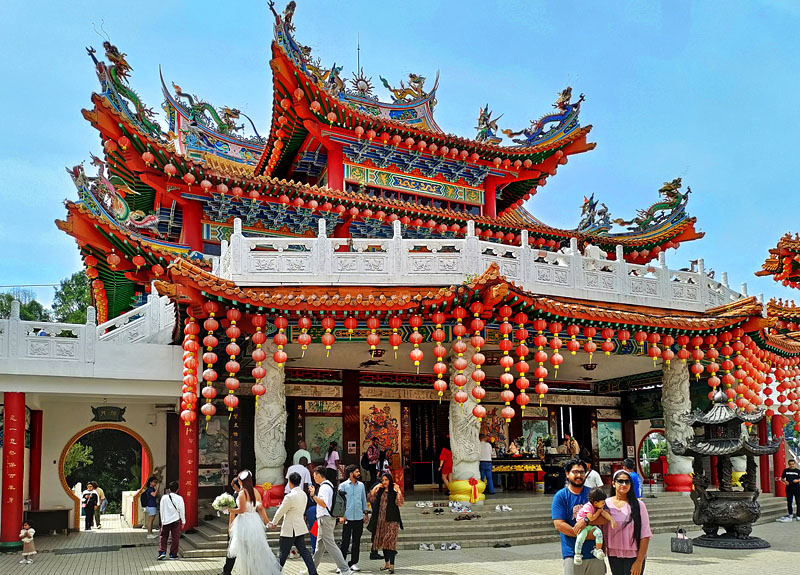
The main focus is on the multi-tiered roof of the hall of prayer. It has three altars with three imposing statues of Goddesses and blends Buddhism, Confucianism and Taoism. It’s an active temple and locals come here to perform rituals, light incense and pray. There was even a wedding couple being photographed with the temple backdrop. It is a favourable place to spend a couple of hours, exploring the site, as well as taking in panoramic city views from the temple’s upper floors and courtyard.
The three deities
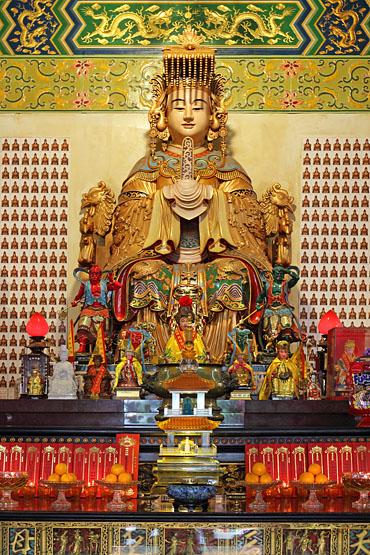
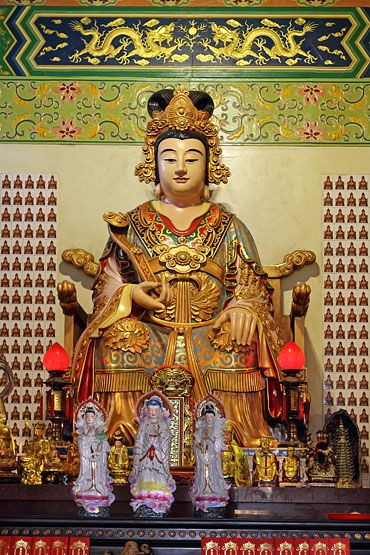
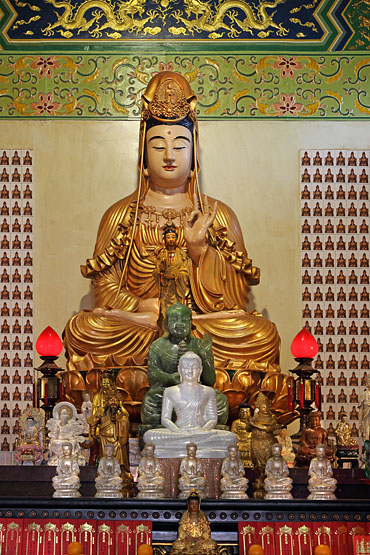
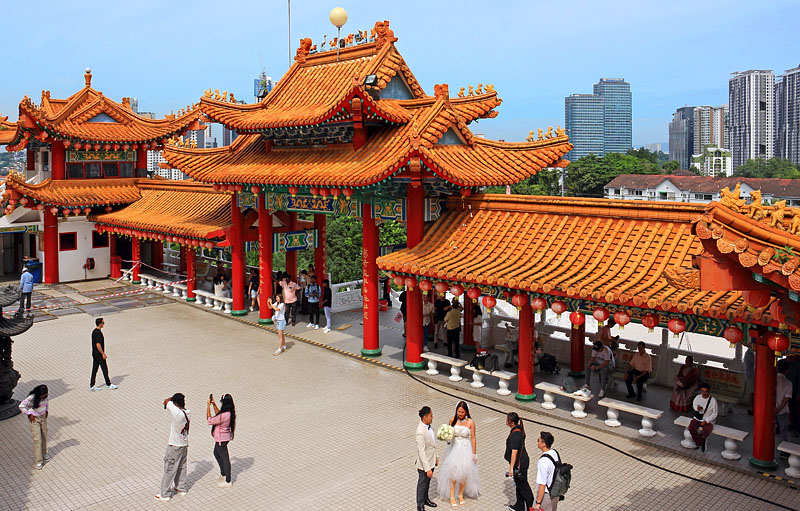
___________________________________________________________________________________________________________________________________________
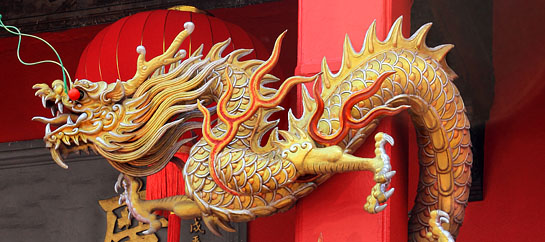
Guandi Temple
Not so frequented by tourists, this temple is just a stone’s throw from Sri Mahamariamman Temple. Founded in 1888, it is one of the oldest Chinese Taoist temples in Malaysia. It is dedicated to Guandi - the Taoist God of War (I have not found consistently accurate details of this historical figure). Enter the quiet all red building, which is adorned by the fragrance of burning incense and creates an atmosphere of religious serenity. The inner sanctum has a main altar and several smaller ones with figures of deities. The morning I visited, there were a only few worshippers, lighting incense or making offerings.
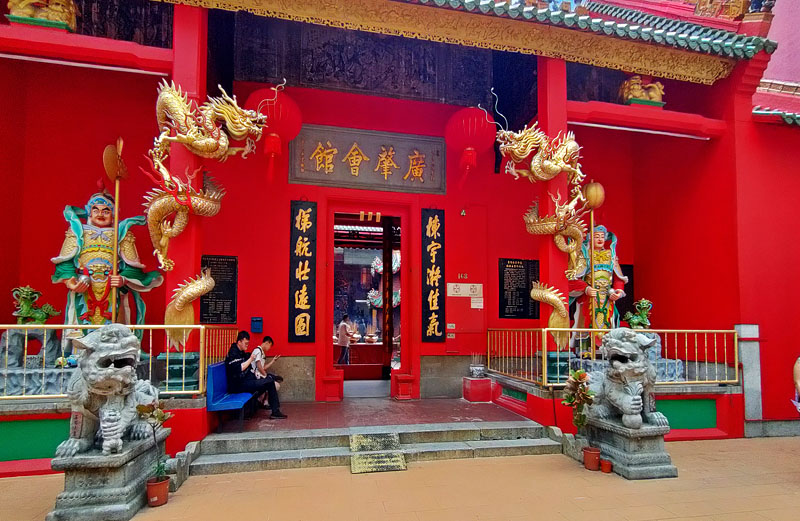
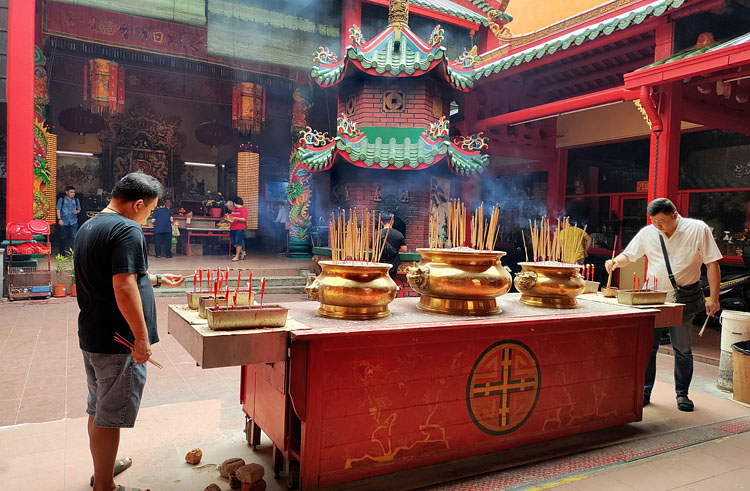
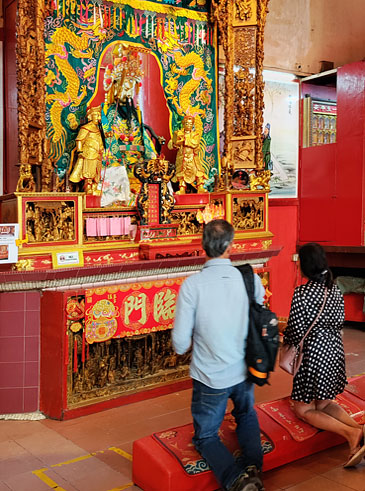
____________________________________________________________________________________________________________________________
Batu Caves Temple
Most of the city sights are easily reached, and are within walking distance, depending on where you’re staying. However, one major attraction - the Hindu Temple at The Batu Caves is located on the outskirts and requires a short train ride or taxi.
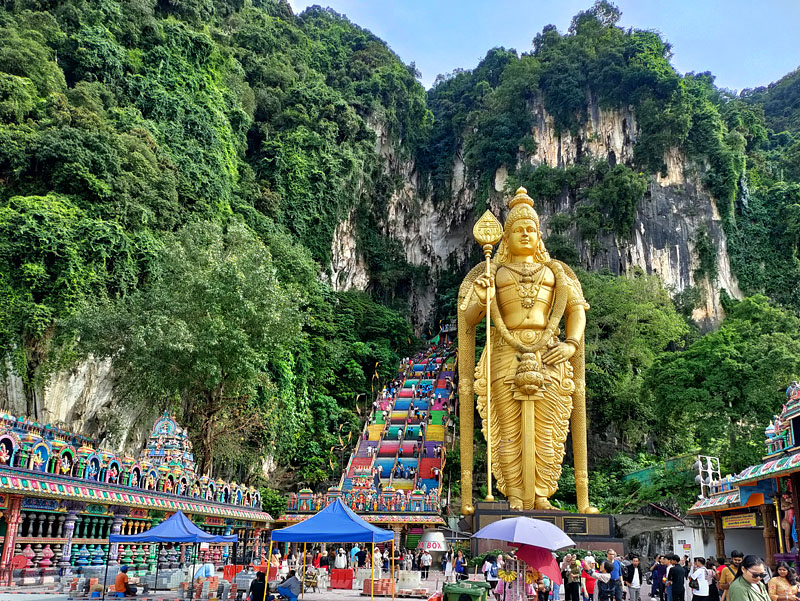
I first visited the caves about thirty years ago, when the crowds were sparse and attracted more worshippers than tourists. Today despite the hugely increased numbers and intrusion, it was hard to avoid a revisit. The limestone hills and caves date back a million years, and the surrounding jungle-like greenery that encompasses the site adds to the beauty. The temple within the cave was built in 1920. At the base of the cave site is a 140-foot tall golden colour statue of the Hindu God Lord Murugan.
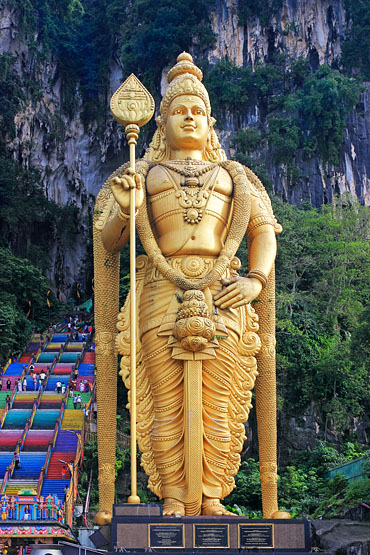
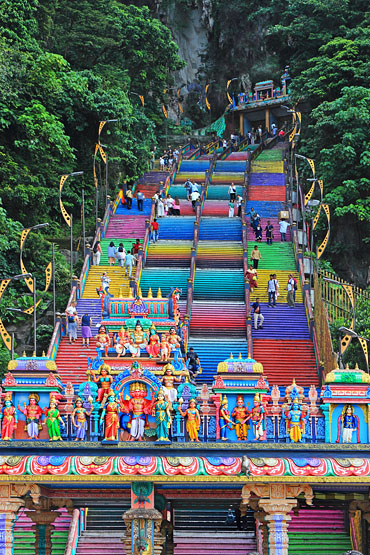
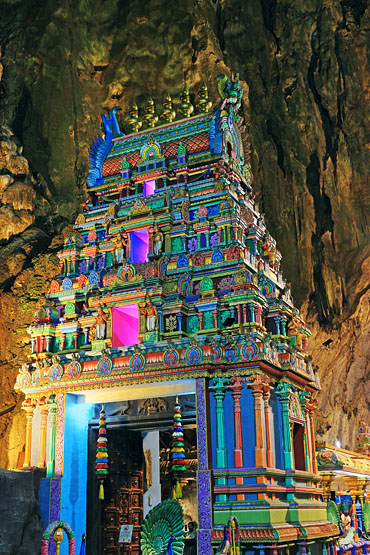
Lord Murugan statue
270 steps to the top
Temple interior, main shrine
To reach the vast interior are 270 multicoloured steps, that will need several pauses for those not accustomed to it. Others along the stairway are the resident macaque monkeys eager to snatch any food you may be carrying or expecting some fruit from pilgrims. The entire area is rich with colourful statues and images depicting Hindu religious stories. Inside the huge cave feels damp with water trickling down from limestone. Even though there was a fair crowd of tourists, observing devotees engage in worship felt like a numinous presence. This is very much a place of intense worship, and sadly many tourists are disrespectful, dress inappropriately and are noisy.
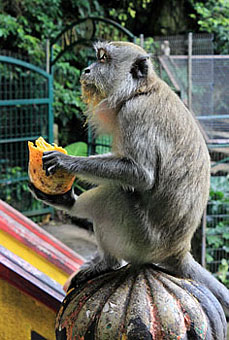
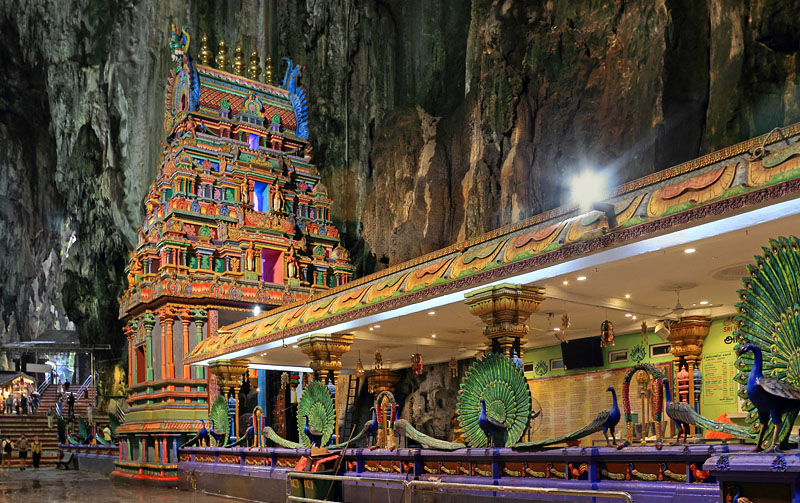
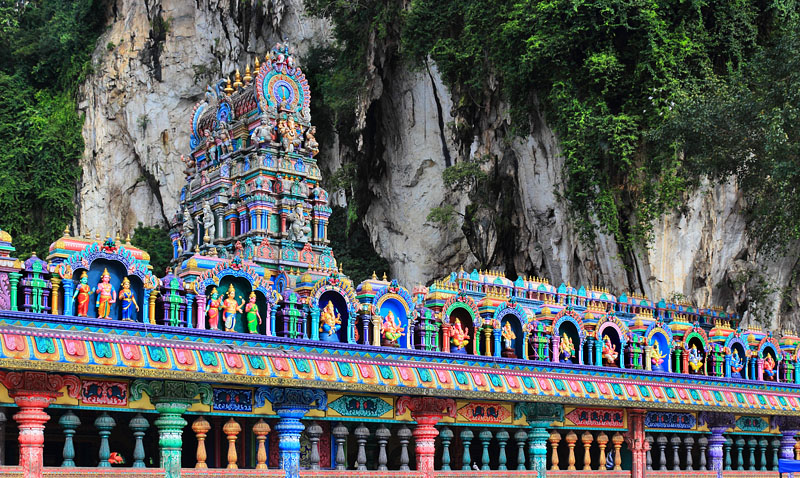
____________________________________________________________________________________________________________________________
Engrossed in Kuala Lumpur’s arts and culture
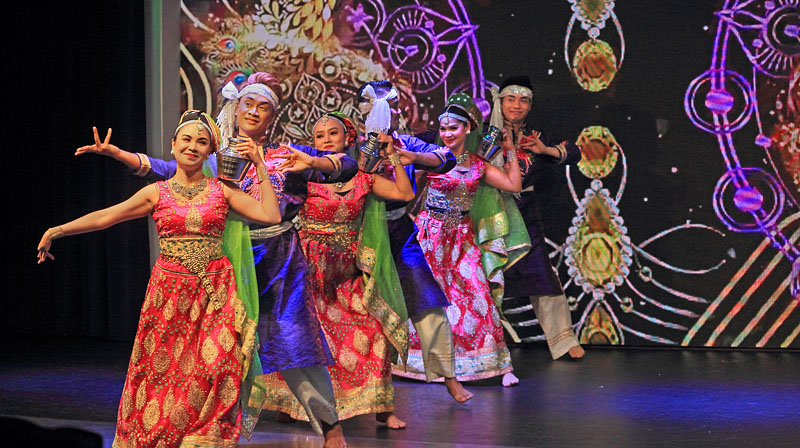
Cultural dance show
One of the best things to do in KL, which not many tourists are aware of is the free cultural show. Located at the Malaysia Tourism Centre (MaTiC), it hosts the twice-weekly extravaganza of dance and music. The performances both traditional and contemporary stage fast-paced dances representing all the states of the country. The colourful costumes and the smiling faces are a charming sight. I was enthralled, therefore had to attend it twice. You cannot book, so just turn up
before 3pm for the one-hour show.
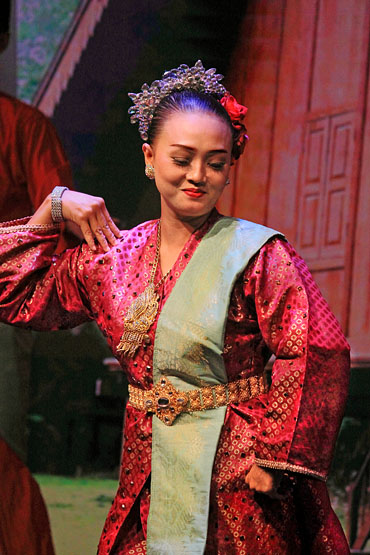
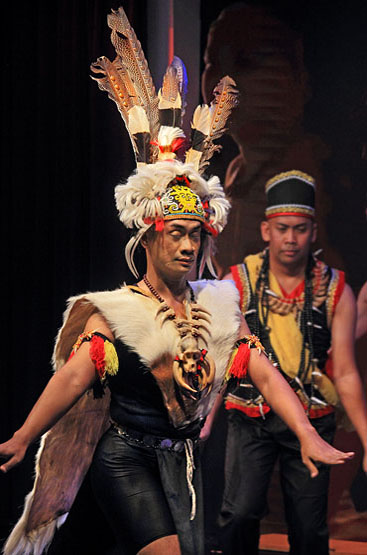
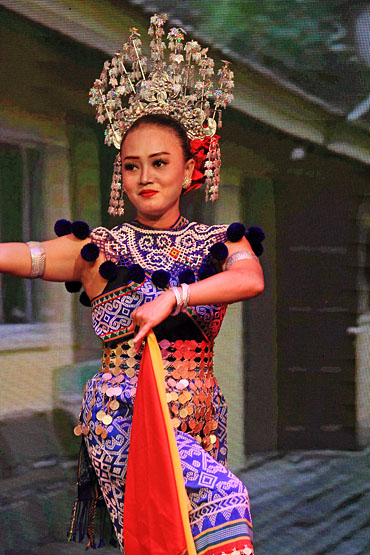
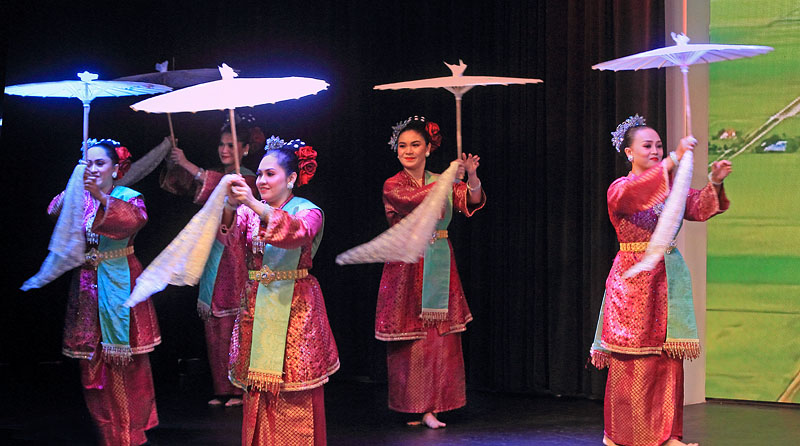
___________________________________________________________________________________________________________________________________________
Street Art and murals
For art enthusiasts and culturally motivated, KL has a surprising amount of street art and murals. Its origins come mainly from minority communities who wished to express their ideas and experiences. Today it has evolved and recognised as a legitimate artistic expression, reflecting KL’s cultural diversity and heritage. The city has two distinct areas to explore - Chinatown and Bukit Bintang where you can see the best of it. Some depict lifestyles of a bygone era, and others display their creative talent and make their streets look good. And some others address local environmental issues and problems.
‘Lady in Red’ mural at Kwai Chai Hong
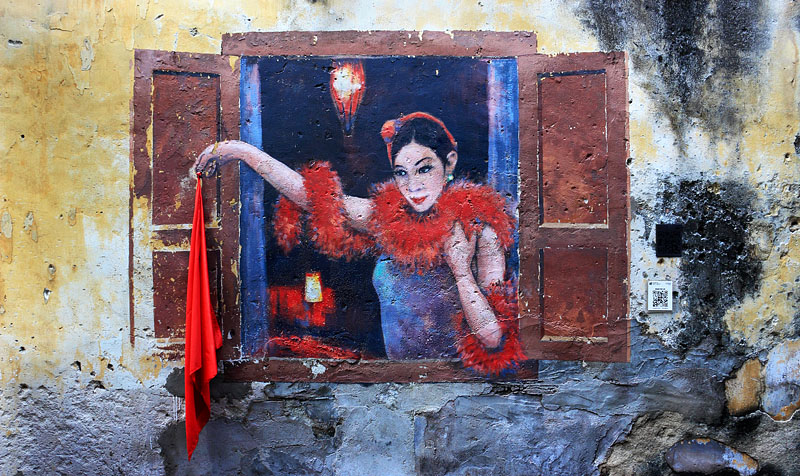
Unfortunately, many of the murals have been left to dilapidate, especially in the Bukit Bintang area due to weather, or neglect. Nevertheless, it’s an inspiring sight which I loved and one that you should not miss in your walks around the city. Notice some pavement power boxes (electricity boxes) covered in more modern-style murals.
Head for Chinatown first. Strolling towards Pealing Street and streets off it you’ll see various styles of art. In Lorong Petalang 2 Street, one side of the entire street wall has sepia-toned murals of the early years of the neighbourhood.
Nearby is one of the most famous little alleyways of Kwai Chai Hong (meaning ‘ghost Lane’). Step over a little wooden bridge into this small cul-de-sac and you’ll be treated to a wonderful array of murals depicting various early Chinese lifestyles. There is even a humorous painting of the famed landlady from the comedy movie Kung Fu Hustle. A recent addition is QR codes beside each mural so you scan and
get more information.
The Landlady
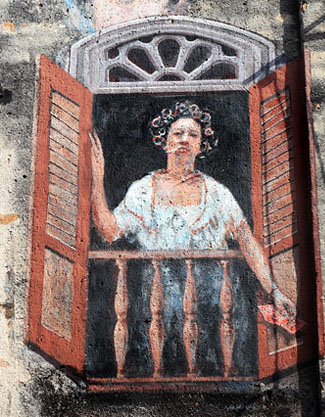
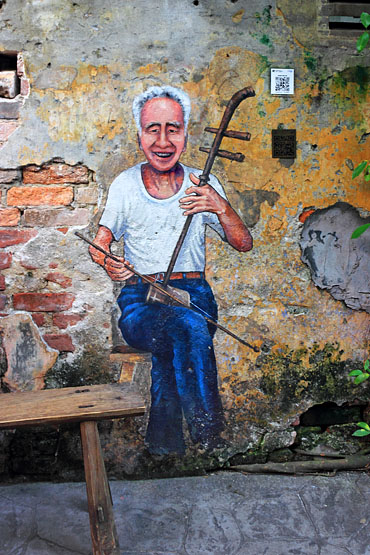
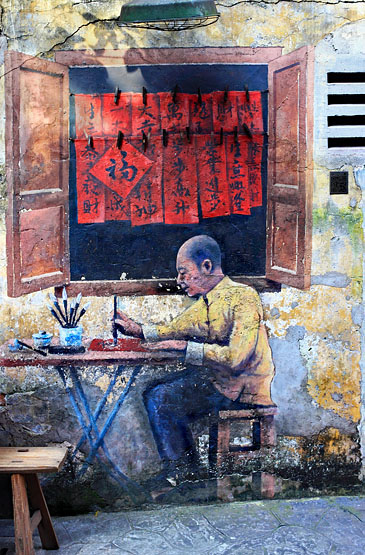
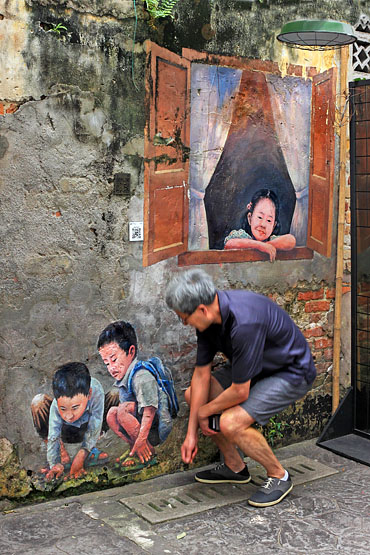
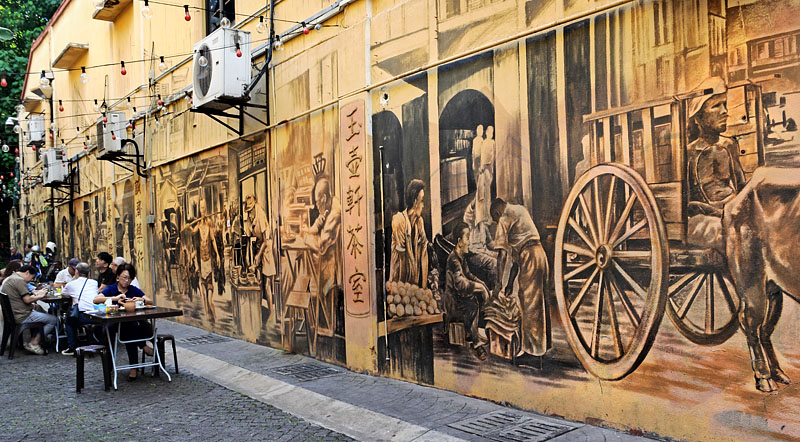
Petalang 2 Street
Street art in the Bukit Bintang area on Jalan Alor and Jalan Rembia streets is a distinctly different style from Chinatown art. Vibrant colours, with some murals that cover entire five-storey apartment blocks. It felt like being in an open-air art gallery. While several of the works cover local life, they also focus on floral, animal and insect subjects, painted in both traditional and contemporary styles. I was a little underwhelmed, as some of the murals could do with some touching up, and not left to decay over time.
When done, drop in at a small coffee shop to give your feet a rest. And when the uncomfortable humid got to me, a cool Ais Kacang (Ice Kachang - shaved ice topped with sweet jellies, red beans, other goodies and syrup) was a temporary relief and one of my favourites.
Ais Kacang
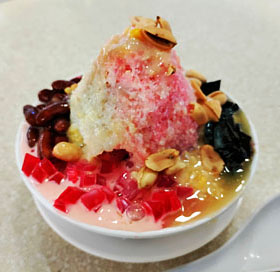
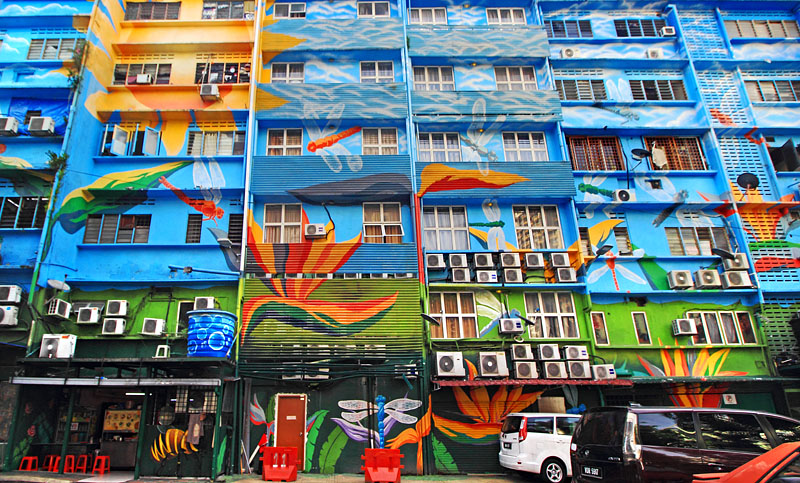
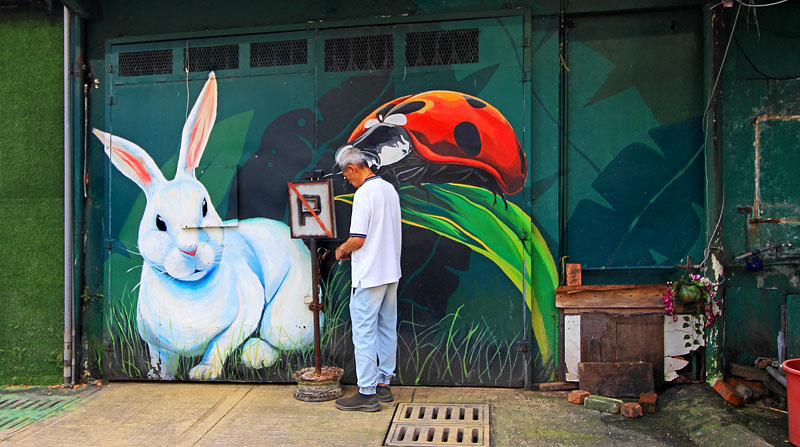
___________________________________________________________________________________________________________________________________________
Saloma Bridge
Not far from the Petronas Towers, this crowd-pulling iconic sight is both unusual and spectacular. A footbridge, 70 metres long connects the modern city centre (KLCC) with the neighbouring traditional urban Kampung Baru district. Opened in 2020, it is named after Saloma a 1950’s popular singer and actress.
This is not merely a means of crossing neighbourhoods. It’s an expensive state-of-the-art architectural and engineering feat. The bridge design incorporates layers of traditional Malay motifs similar to folded betel leaves in ceremonial events. And it is best viewed at night. Cross the bridge, and as the sun goes down it comes ‘alive’ with colour. The show, with thousands of dazzling LED lights with changing colours, is mesmerising. It’s the perfect photo opportunity with the illuminated Petronas Towers in the background as well. I was caught up along with other tourists, yet somehow I failed to appreciate its extravagance. Be aware of ‘photo touts’ who, for a fee, persist in taking your picture with the bridge backdrop. While some consider them a nuisance, for others it’s a snappy opportunity.

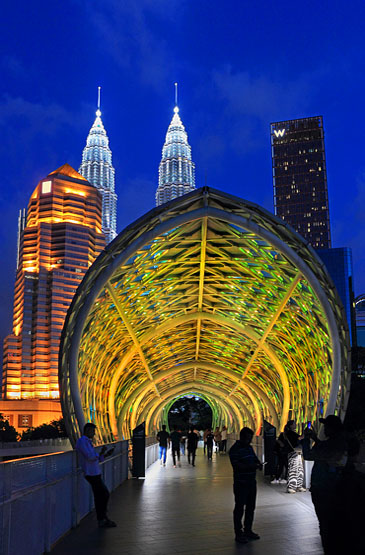
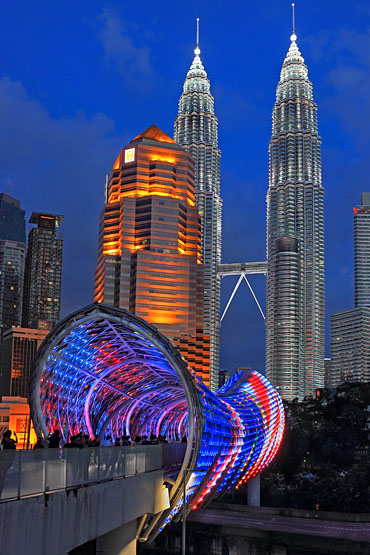
There is of course much more to see in KL, but in my travels anywhere, I always choose to focus on a few sights, allowing plenty of time to explore at a leisurely pace. And I was glad I didn’t succumb to a fleeting glance in trying to see too much. This is a lovely city that feels both safe and politely friendly, and not forgetting gorgeous gastronomy.
25 images here ©JAYTRAVELPHOTOS
© COPYRIGHT notice. The images on this site are for viewing only.
To purchase any, for personal or commercial use, please contact us at jaytravelphotos@gmail.com
____________________________________________________________________________________________________________________________________________
